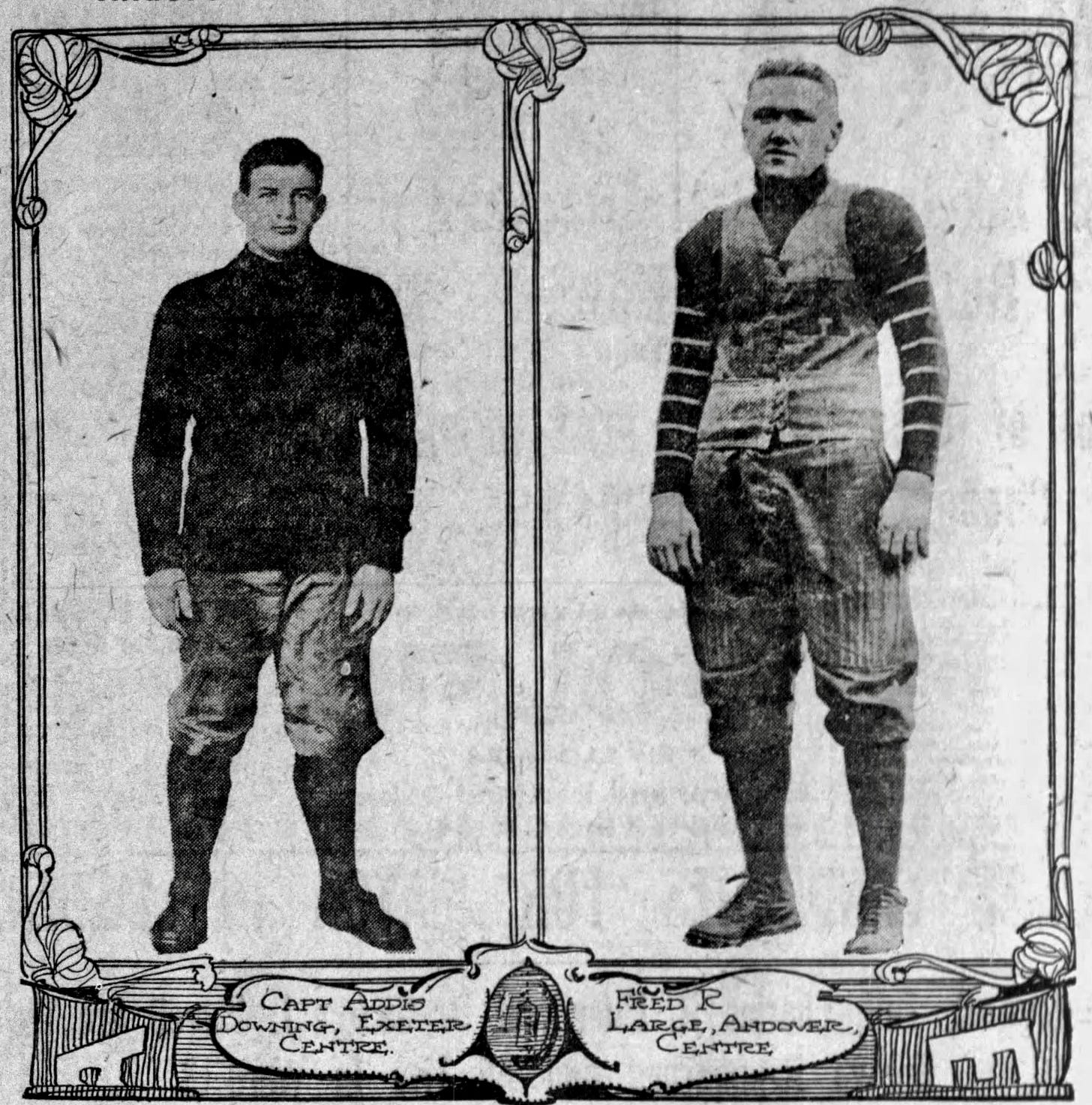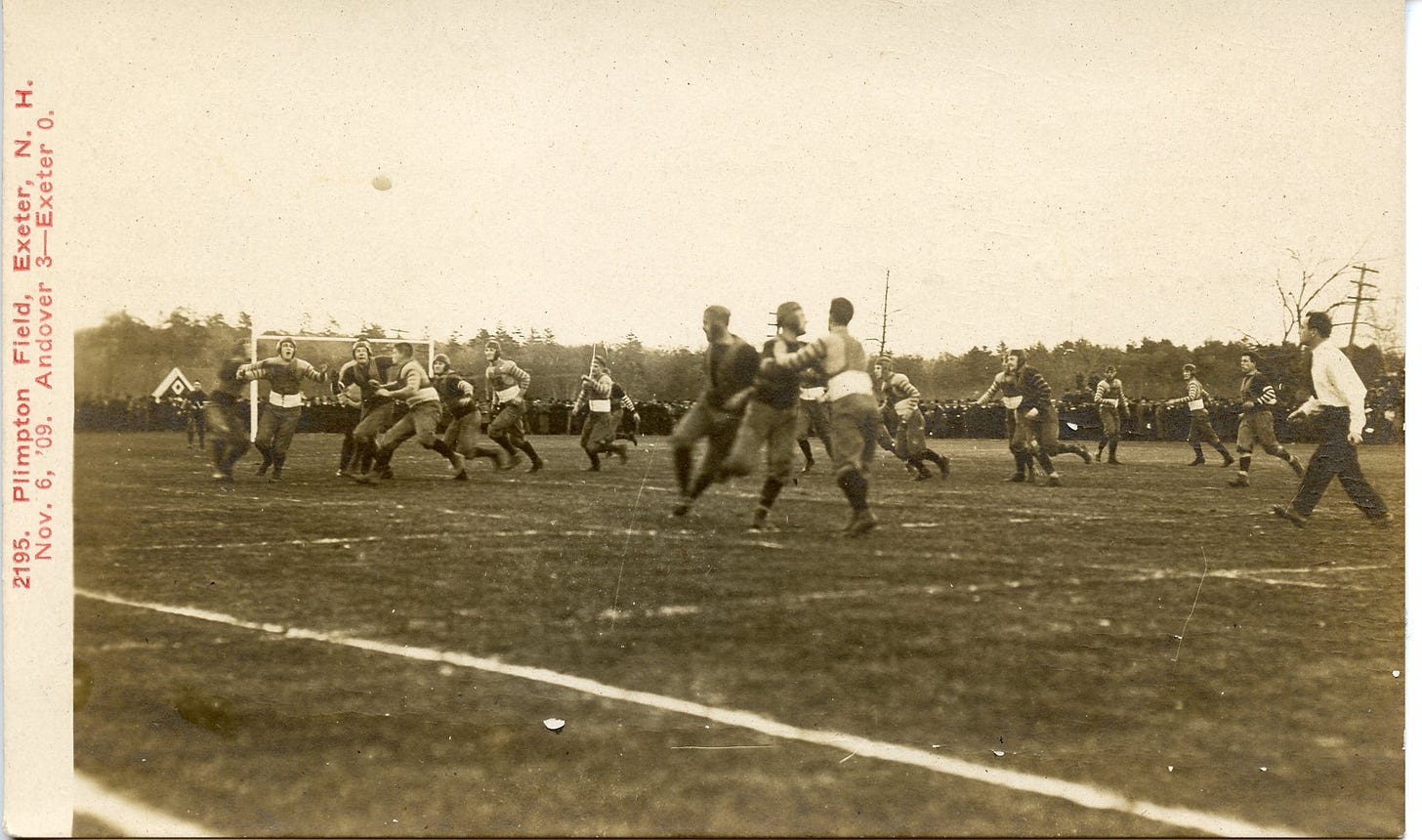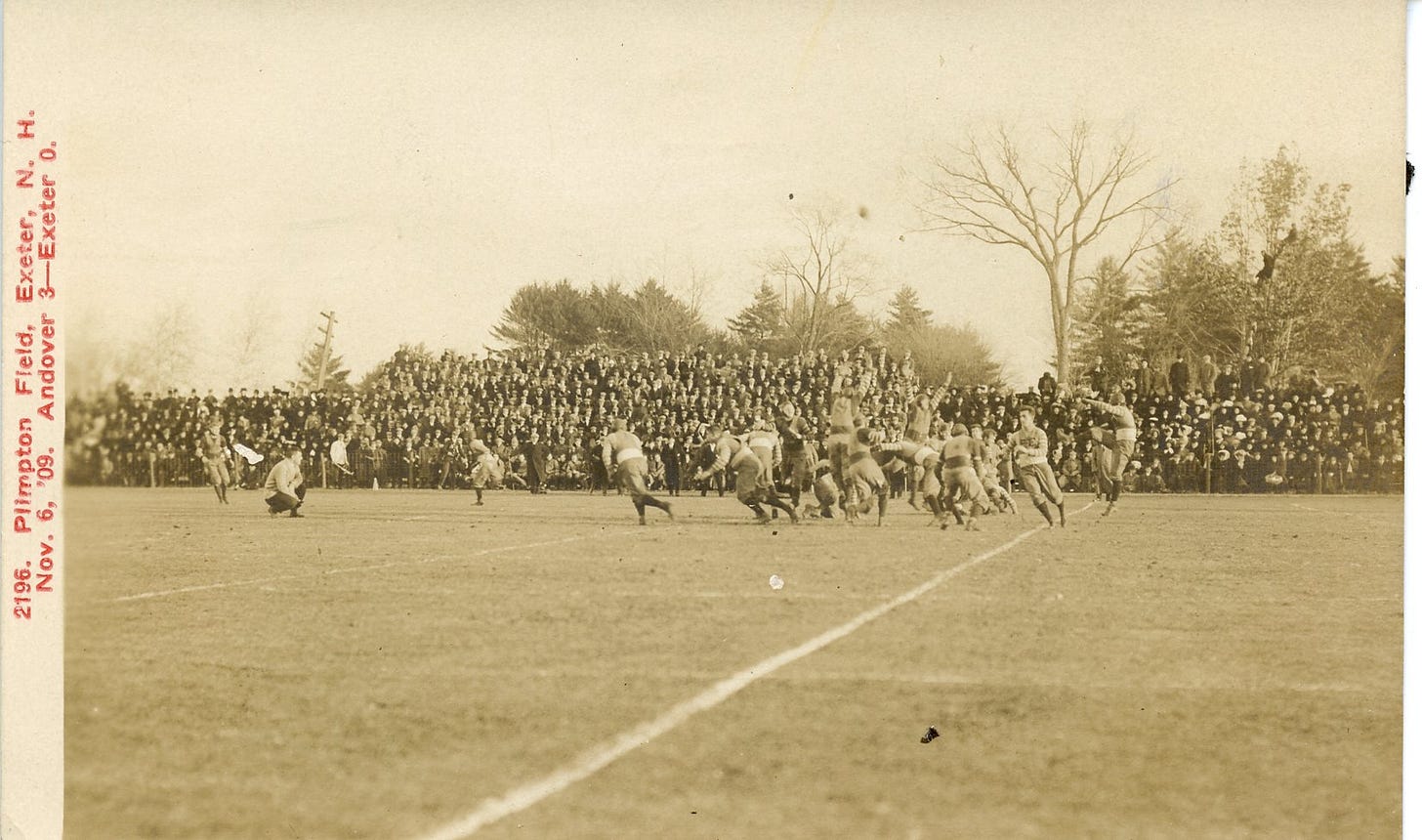Today's Tidbit... The 1909 Exeter-Andover Game and Coaches
The East's domination of early football encouraged schools across the country to hire recent graduates of those schools to coach their teams. The elite Eastern prep schools that played schedules that included small colleges on their schedules hired similar young coaches. For example, a recent article about Walter McCornack provided an example of a Dartmouth grad who coached at Phillips Exeter before taking over at Dartmouth and Northwestern.
Today's Tidbit doubles your pleasure since we will look at the 1909 Phillips Exeter-Phillips Andover game, teams coached by John Glaze and Jess Hawley, respectively. John Glaze was the older of two Glaze brothers who starred at Dartmouth, with John captaining football his junior and senior seasons and baseball as a senior. Jess Hawley was John’s teammate on the 1907 football team.
Exeter and Andover entered the game with comparable records, though Andover had lost early season games, while Exeter won early and tailed off as academic suspensions claimed a few stars. Still, the teams had faced three common opponents -Cushing Academy, the Harvard Freshmen, and the Yale Freshmen- with Andover losing to all three while Exeter had come out on top each time.
Played on a brisk autumn afternoon, the 1909 game was the first played on the new Plimpton Field, named for the land donated by George Plimpton's family well before he attended Exeter. Seven thousand fans jammed into the new stadium, only to be delayed due to the referee's train running half an hour late from Boston.
The game featured elements of football played in 1909 that are no longer part of the game. The field had the checkerboard markings that went away in 1910. There were many punts on third down since fourth down had not yet been invented. Successful and unsuccessful onside kicks from scrimmage took place, and at least one "uncomplete" forward pass resulted in a turnover. (Uncomplete and incomplete were used interchangeably early on, though the rule book initially used uncomplete.)
There are also several runs of 15 yards or more, yet neither team penetrated their opponent's 20-yard line without suffering a penalty on the play. All this led to the game hinging on an early second-half punt by Exeter, which Andover captain Fred Large blocked. After two attempts from scrimmage, Andover's Porter dropped back from the 30-yard line and booted the ball through the uprights to give his team a 3-0 lead and, ultimately, its fifth straight win over Exeter.


Andover's coach, Jess Hawley, headed west in 1910, taking over as the football coach at Iowa, where he stayed until 1915. He later worked without pay as Dartmouth's head coach from 1923 to 1928, when his 1925 team went 8-0 and claimed a national title.
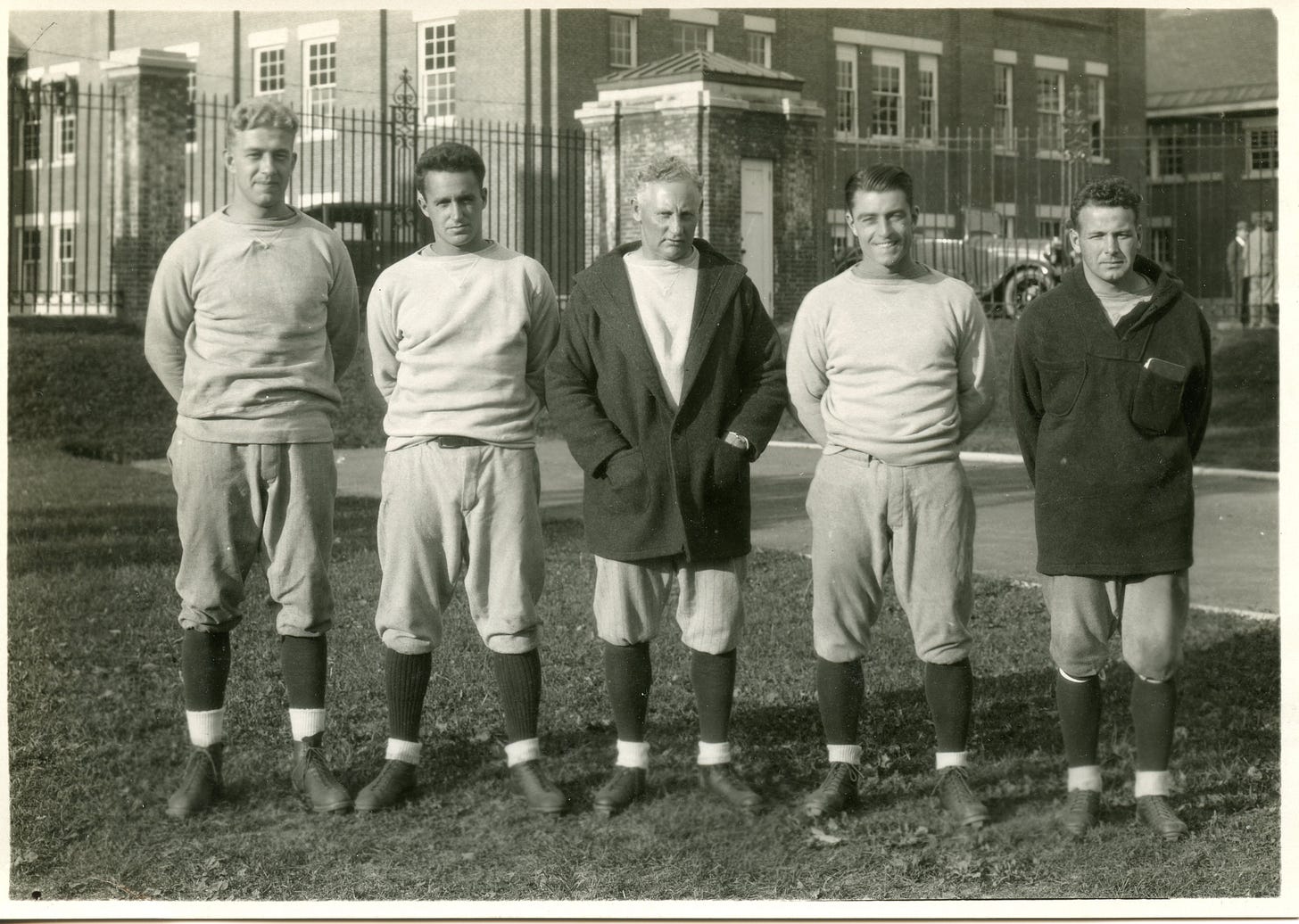
Hawley could volunteer his coaching services at Dartmouth because he was a successful businessman who, it turns out, greatly influenced helmets of the military kind. He invented the fiber sun helmet that saw use during WWII and beyond and the first fiber liner for the M1 helmet that became the U.S. military standard during WWII.
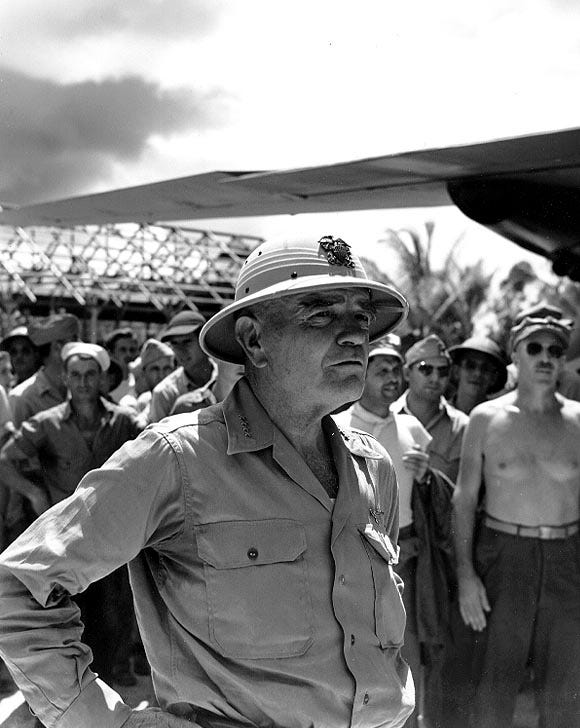
John Glaze largely left the game behind after the 1909 season. He enrolled at MIT and went on to an engineering career in the Niagara Falls area, though he served Dartmouth in an advisory capacity at times, including when they hired Jess Hawley in 1923.
While John Glaze faded from public attention, his younger brother Ralph did not. After playing with his brother at Dartmouth, Ralph became an All-American end. He went on to play for the Boston Red Sox and coached combinations of football, basketball, and baseball at eight colleges, including a stint reviving USC's football program in 1914 and 1915 after they had dropped the game following the crisis of 1905-1906.
Postscript
Here’s another postcard from the series that I acquired after publishing this story.
Football Archaeology is reader-supported. Click here to buy one of my books or otherwise support the site.


